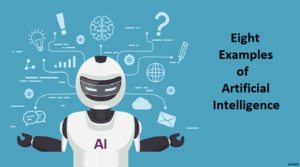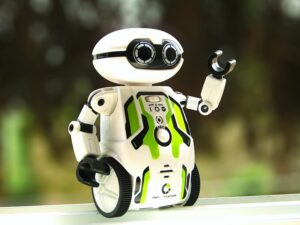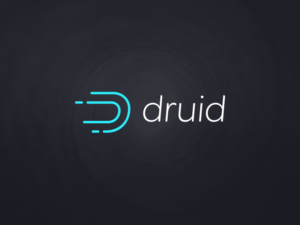There’s a lot out there on the dangers of artificial intelligence (AI). You’ll hear plenty on how it can negatively impact the world, but there are a lot of positives, too. If you use AI correctly, it could even have the opposite effect — it could create a more equitable, inclusive business world.
AI will change the way enterprises work one way or another. The key is ensuring this shift is a positive one. Here’s a look at how AI could boost companies’ fairness and inclusivity.
AI for Inclusive Hiring
“Some AI tools scan text to find non-inclusive or otherwise harmful language from applications that may turn some candidates away.”
Applying AI to the hiring process is one of the best ways the technology can promote diversity and inclusion. It can look for and highlight resumes from applicants regardless of their background or factors that may trigger subconscious biases, like names or appearance.
You can even use AI to find and address biases in your recruiting and onboarding process. Some tools scan text to find noninclusive or otherwise harmful language from applications that may turn some candidates away. Nvidia saw a 28% rise in applications from female applicants after using AI this way in 2018.
As AI tools develop, new possibilities will emerge. You could tailor machine learning models to look for applicants or reach out to potential hires in line with your diversity, equity and inclusion (DEI) goals. Finding talent from underrepresented groups will become easier.
Personalized Career Development
Artificial intelligence can make workplaces fairer by meeting employees’ different needs. Ongoing career development is key to long-term success and many organizations provide training opportunities to help workers meet these goals. However, not every program works well for every person. AI can personalize these training resources to make things fairer.
Machine learning excels at tailoring things to people’s preferences, history and habits. You’ve likely seen this in action in personalized marketing, but it can apply to career development, too. AI can match employees to new roles based on their skills, and experience or adjust ongoing training resources to make them easier for various workers to understand and engage in.
Improving ongoing training has many benefits. On top of leveling the playing field for promotions for employees of all backgrounds, it improves efficiency. Some businesses have eliminated hundreds of thousands of hours of onboarding time through on-the-job training, which AI improves.
DEI Analytics and Reporting
“Just as AI can find process inefficiencies and recommend improvements, it can highlight DEI issues and pose solutions.”
You can also use AI-powered analytics to improve your company’s DEI. Just as artificial intelligence can find process inefficiencies and recommend improvements, it can highlight DEI issues and pose solutions.
At a surface level, AI can compare current workforce demographics and trends to the enterprise’s DEI goals. This saves time in reporting, but you can go deeper. You can also use AI to look for biased language in documentation, highlight noninclusive policies or parse employee feedback for DEI-related trends.
This analysis makes it easier to see where your DEI initiatives falls short and how you can improve. Considering almost a third of DEI leaders say it’s hard to coordinate these efforts across an entire organization, having an AI-powered roadmap is helpful.
Remaining Roadblocks and Potential Solutions
As these examples show, AI has a lot of potential for making businesses more equitable and inclusive. At the same time, it also has many ethical shortcomings to consider. It’s possible to work around these issues, but you must be aware of them first.
“While AI models have no biases of their own, they can inherit and build on human prejudices in their training data.”
Bias is the biggest issue. While artificial intelligence models have no biases of their own, they can inherit and build on human prejudices in their training data. The most infamous example is the hiring AI Amazon shut down in 2018 after it ranked female applicants lower, having been trained mostly on men’s resumes.
The key to preventing similar situations is being more careful about AI’s training data. Actively look for and remove bias, or factors that could promote it in models’ training data sets. Building diverse AI teams will help, as it’ll become easier to spot and resolve these issues.
Overreliance on AI can also pose a problem. As powerful as it is, it can still get things wrong and sometimes, it’s hard to identify these errors until they arise. If companies take AI’s suggestions at face value, it could lead them to pursue ineffective DEI strategies.
The solution to this issue is to ensure people always have the final say. Have human experts — ideally from a diverse set of backgrounds — review and verify AI’s recommendations before acting on anything.
AI Could Make a More Inclusive World if Used Carefully
The question isn’t whether artificial intelligence will impact workplace equity and inclusivity. The technology is too powerful and too popular not to have an effect. The question is whether that impact will be positive or negative, and that’s up to the users.
You must be careful with AI to use it fairly. If you approach it with the appropriate care, though, it can be a game-changing tool for DEI strategies. It starts with recognizing how and where to apply it.










